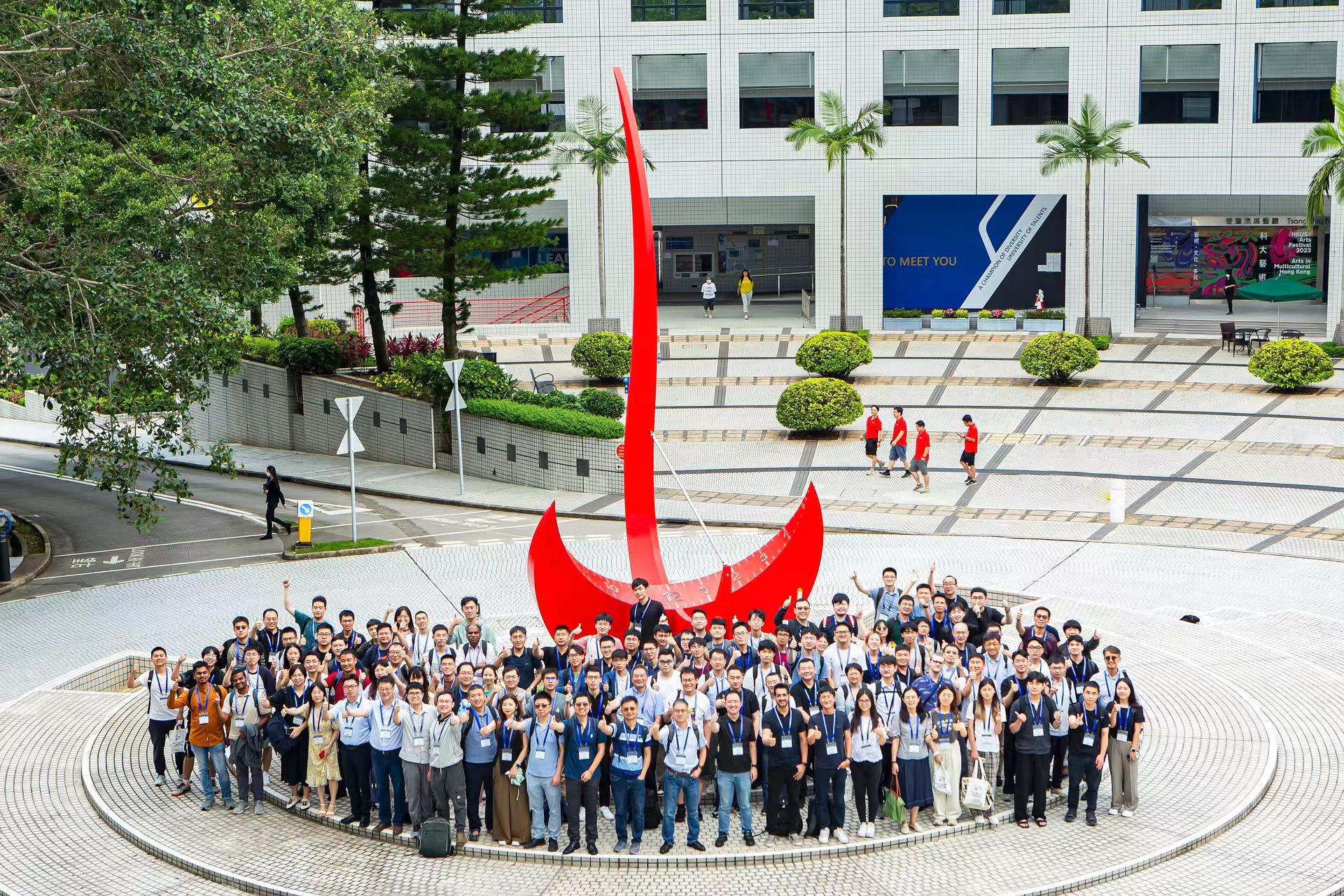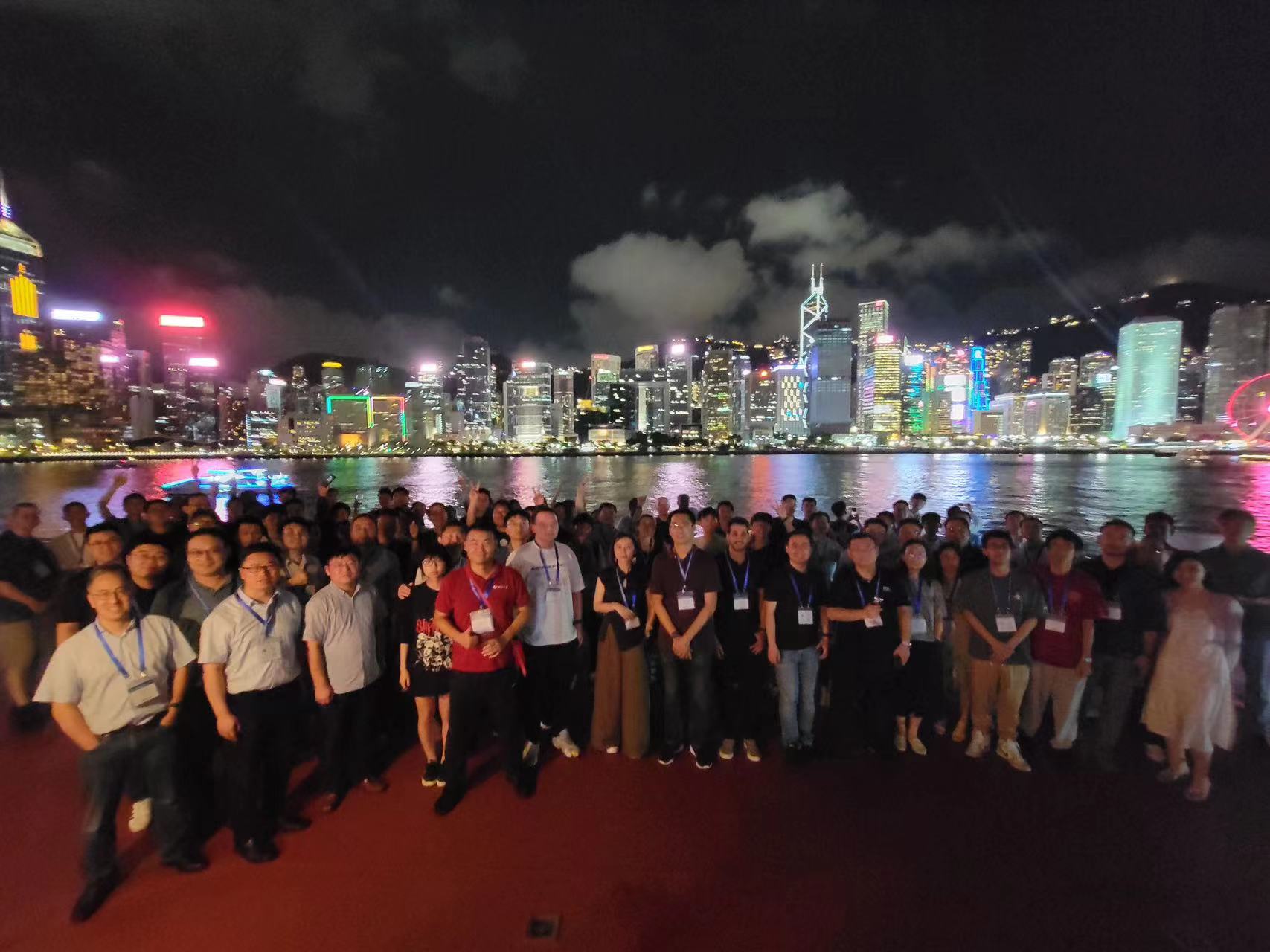FastWake: Revisiting Host Network Stack for Interrupt-mode RDMA
Polling and interrupt has long been a trade-off in RDMA systems. Polling has lower latency but each CPU core can only run one thread. Interrupt enables time sharing among multiple threads but has higher latency. Many applications such as databases have hundreds of threads, which is much larger than the number of cores. So, they have to use interrupt mode to share cores among threads, and the resulting RDMA latency is much higher than the hardware limits. In this paper, we analyze the root cause of high costs in RDMA interrupt delivery, and present FastWake, a practical redesign of interrupt-mode RDMA host network stack using commodity RDMA hardware, Linux OS, and unmodified applications. Our first approach to fast thread wake-up completely removes interrupts. We design a per-core dispatcher thread to poll all the completion queues of the application threads on the same core, and utilize a kernel fast path to context switch to the thread with an incoming completion event. The approach above would keep CPUs running at 100% utilization, so we design an interrupt-based approach for scenarios with power constraints. Observing that waking up a thread on the same core as the interrupt is much faster than threads on other cores, we dynamically adjust RDMA event queue mappings to improve interrupt core affinity. In addition, we revisit the kernel path of thread wake-up, and remove the overheads in virtual file system (VFS), locking, and process scheduling. Experiments show that FastWake can reduce RDMA latency by 80% on x86 and 77% on ARM at the cost of < 30% higher power utilization than traditional interrupts, and the latency is only 0.3~0.4 𝜇s higher than the limits of underlying hardware. When power saving is desired, our interrupt-based approach can still reduce interrupt-mode RDMA latency by 59% on x86 and 52% on ARM.
Publication
Bojie Li, Zihao Xiang, Xiaoliang Wang, Han Ruan, Jingbin Zhou, and Kun Tan. FastWake: Revisiting Host Network Stack for Interrupt-mode RDMA. In 7th Asia-Pacific Workshop on Networking (APNET 2023), June 29–30, 2023, Hong Kong, China. [Paper PDF] [Slides PPTX] [Slides PDF] [Video] [Talk Transcript]
 APNet group photo @ HKUST campus
APNet group photo @ HKUST campus
 APNet group photo @ Victoria Harbour Cruise
APNet group photo @ Victoria Harbour Cruise
People
- Bojie Li, Technical Expert at Computer Networking and Protocol Lab, Huawei.
- Zihao Xiang, Senior Developer at Computer Networking and Protocol Lab, Huawei.
- Xiaoliang Wang, Associate Professor, Nanjing University.
- Han Ruan, Senior Technical Planning Expert at Computer Networking and Protocol Lab, Huawei.
- Jingbin Zhou, Director of Computer Networking and Protocol Lab, Huawei.
- Kun Tan, Director of Distributed and Parallel Software Lab, Huawei.